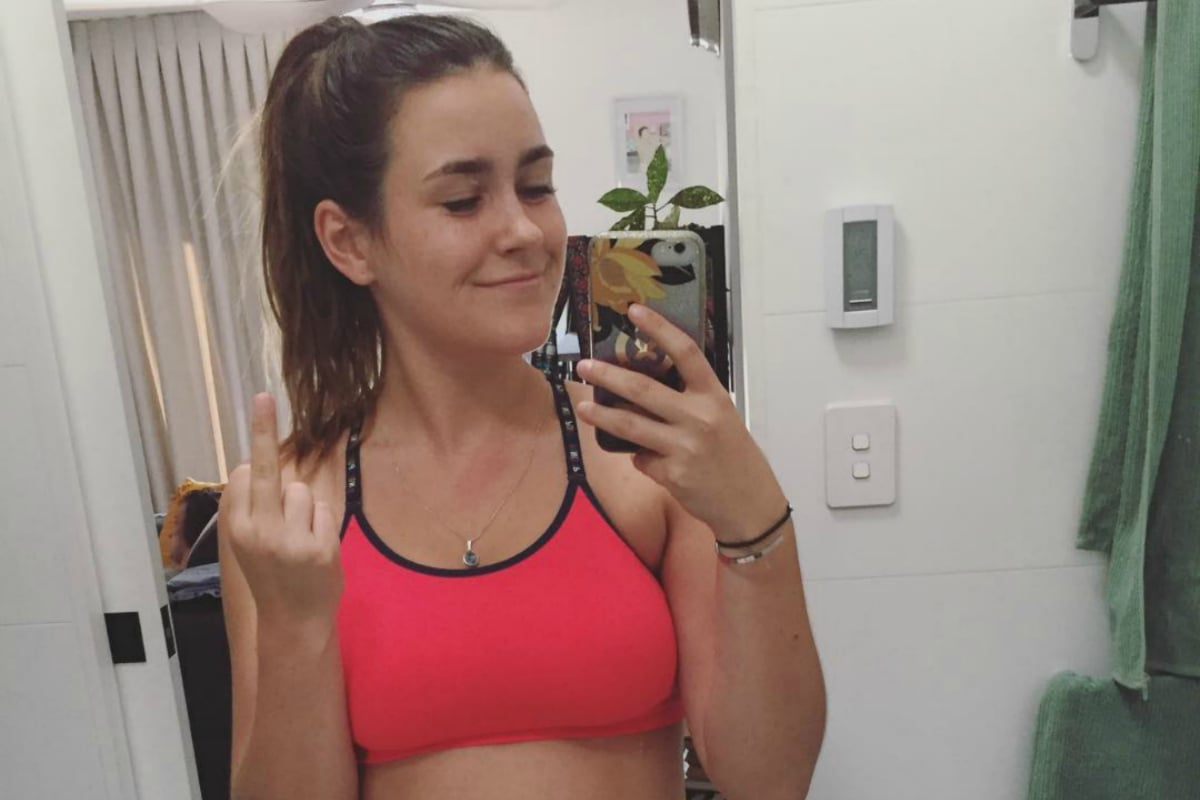
Trigger warning – This post discusses eating disorders and self harm and may be distressing to some readers.
I sat in the doctor’s office, nervous but confident. I had an appointment with my regular doctor and unlike other visits I knew what the problem was and the immediate solution.
I have been struggling with an eating disorder for the past eight years. I began in the later years of high school, when comparing my body with my peers was at an all time high. This was around the time that Instagram came into power, meaning that I was more exposed to unrealistic body expectations than I had ever been in my entire life.
I already saw beautiful slim women in magazines, on the TV and at the cinema, but now I had incredibly toned social media influencers pushing “skinny” teas that were really just thinly disguised laxative drinks as I scrolled through my social media feed. What began as a small nagging voice in my head, telling me to skip a meal and buy some “skinny” tea soon turned into a full-fledged eating disorder.
Like most people with eating disorders, I was not only ashamed of the disorder but also the symptoms associated with my mental illness. So I never sought formal help for this insidious illness. I had received therapy for other mental illnesses and have always been quite open about my struggle with depression and anxiety. But the shame of my eating disorder always left me suffering in silence.
View this post on Instagram


Top Comments
Please make a formal complaint about your doctor. His response was absolutely disgusting and incredibly dangerous.
Congratulations for getting help for your eating disorder. It’s a long road to recovery but worth every hurdle. Good luck x
That’s why GP’s shouldn’t be the ones who write mental health care plans. They are not trained to have those conversations. But my GP friends tell me those plans are the ‘gold’ in their day because they get more $$ from those as well as GP health care plans. (Children’s appointments are the low point because they can only bulk bill them.)
I am never surprised by articles like this, only surprised people keep hoping doctors will actually keep them healthy. GP’s are a political force that is very influential on government. They will keep their fingers in as many pies as pays them a very, very lucrative salary. We can do so much better for our health than ‘doctors.’
You are misinformed. Children's appointments are not compulsorarily bulk-billed. GP billing tends to reflect time taken with a patient. Ergo, if the task is time-consuming, the rebate is higher. And why shouldn't it be? You pay by time for any other service provider, like a plumber.
Totally agree, psychologists, clinical psychologists and psychiatrists should be the ones to approve them. The appointment to see a GP to get a plan is at best a hurdle in the process of getting help, and at worst (as in this case) extremely harmful, which is devastating if they are the first professional you see. I tell my friends just to pay for their first specialist appointment out of pocket if they can, then get the clinician to send the doctor you go to a letter in advance of your appointment for the plan with the diagnosis and treatment plan.